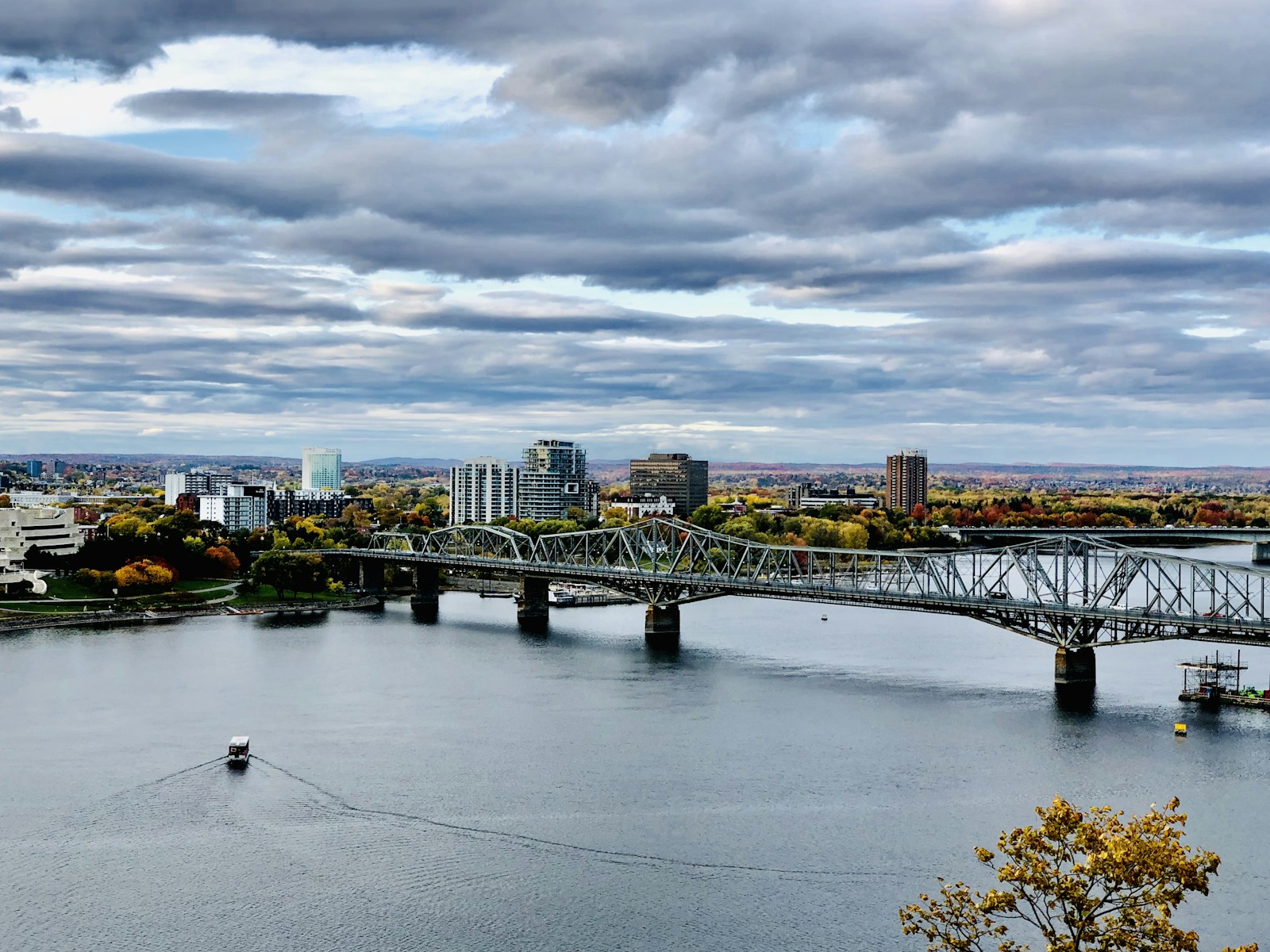Introduction – Yes, You Can Start Small
Think you need hundreds of thousands to get into real estate investing? Think again. In Ottawa, it’s possible to begin building a property portfolio even with a modest budget. Whether you're a millennial, side hustler, or first-time investor, this 2025 guide shows how to start smart—without being rich.
Why Ottawa Is a Great City for New Investors
Stable market: Ottawa’s real estate values have seen consistent growth due to strong government employment and low vacancy rates.
High demand for rentals: Students, public servants, tech workers, and newcomers keep the rental market active year-round.
Emerging neighborhoods: Areas like Carlington, Overbrook, and Vanier are gaining traction and offer lower entry points.
🏡 Real Estate Investment Options for Small Budgets
1. Condo Investing
Lower purchase prices and fewer maintenance headaches.
Ideal entry-level investment for new landlords.
Focus on buildings with low condo fees and high rental appeal (e.g., near LRT or universities).
2. House Hacking
Buy a property and rent out a portion (like a basement apartment or extra bedroom).
Reduces your personal housing costs while building equity.
Works well with duplexes, triplexes, or even townhomes with in-law suites.
3. Pre-Construction Purchases
Pay in stages over 1–3 years while the home is being built.
Lower upfront costs, and the potential for appreciation before occupancy.
Best for long-term planners with stable income and good credit.
4. Partner with a Friend or Family Member
Teaming up splits costs, down payments, and responsibilities.
Use joint venture agreements to clearly define roles, profits, and timelines.
How Much Money Do You Really Need to Start?
Let’s break it down:
Other startup costs include legal fees, inspection, closing costs, and emergency reserves. But even modest savings and good credit can get you started.
💡 Tips to Maximize Small Investments
Start with what you can afford—don’t wait for the “perfect” property.
Use the First-Time Home Buyer incentives if you qualify.
Leverage your RRSP with the Home Buyers’ Plan for down payments.
Focus on cash flow-positive properties—don’t just rely on appreciation.
Be location-smart: Target up-and-coming neighborhoods with rental demand and transit access.
Mistakes to Avoid as a Beginner Investor
Over-leveraging or buying too big too fast
Ignoring property taxes, vacancy risk, or ongoing maintenance
Forgetting to screen tenants or follow Ontario rental laws
Skipping professional advice—hire a real estate agent and mortgage broker who work with investors
Frequently Asked Questions
Q: Can I buy an investment property with 5% down?
Only if you plan to live in it (owner-occupied). True rental properties typically require 20% down.
Q: What if I have student debt?
You can still qualify for a mortgage—your income, debt ratio, and credit score will determine your eligibility.
Q: How can I improve cash flow?
Choose the right property type, negotiate good terms, and consider short-term or furnished rentals if allowed.
Q: Should I buy alone or with a partner?
If your budget is limited, joint ownership can help—but always create a written agreement to avoid future conflict.
Q: What’s the best neighborhood for beginners?
Look at affordable areas with strong rental demand, such as South Keys, Overbrook, Carlington, or near Algonquin College.
Conclusion – Small Budget, Big Potential
You don’t need deep pockets to start investing in Ottawa real estate. With the right strategy, a small budget can lead to long-term wealth, financial flexibility, and a foot in the door of one of Canada’s most stable markets. Start where you are, plan smart, and grow from there—your first property could be the beginning of something big.


